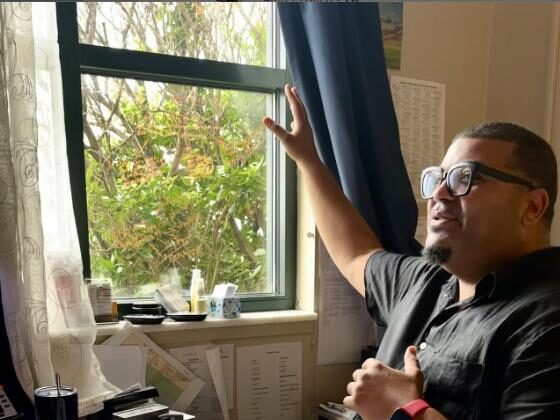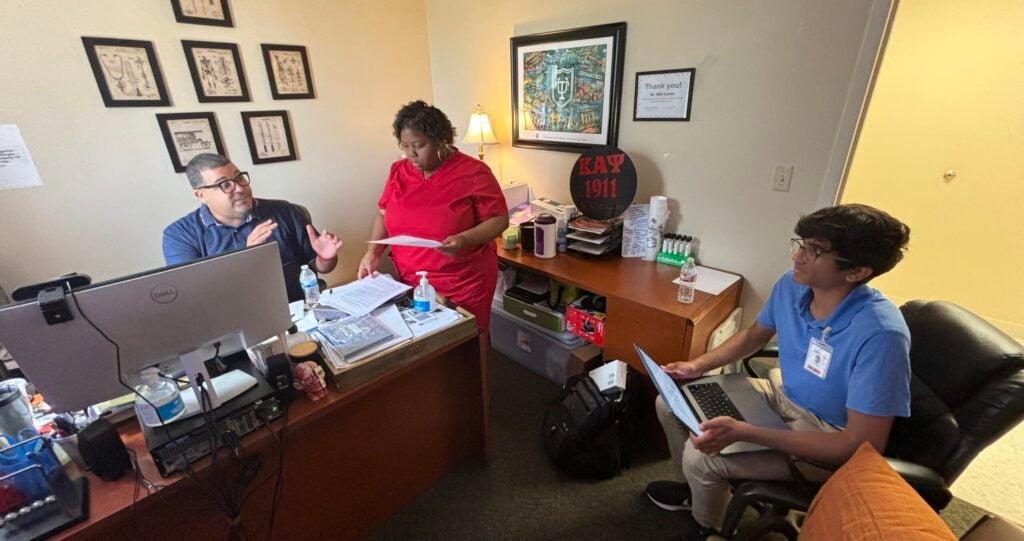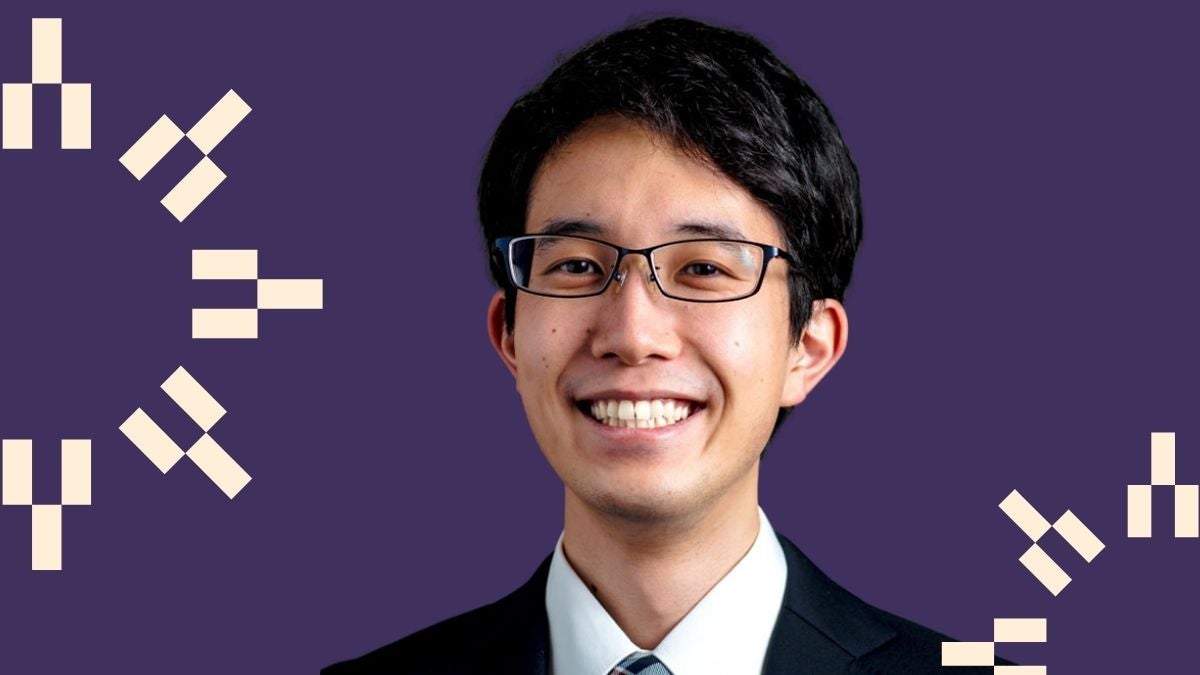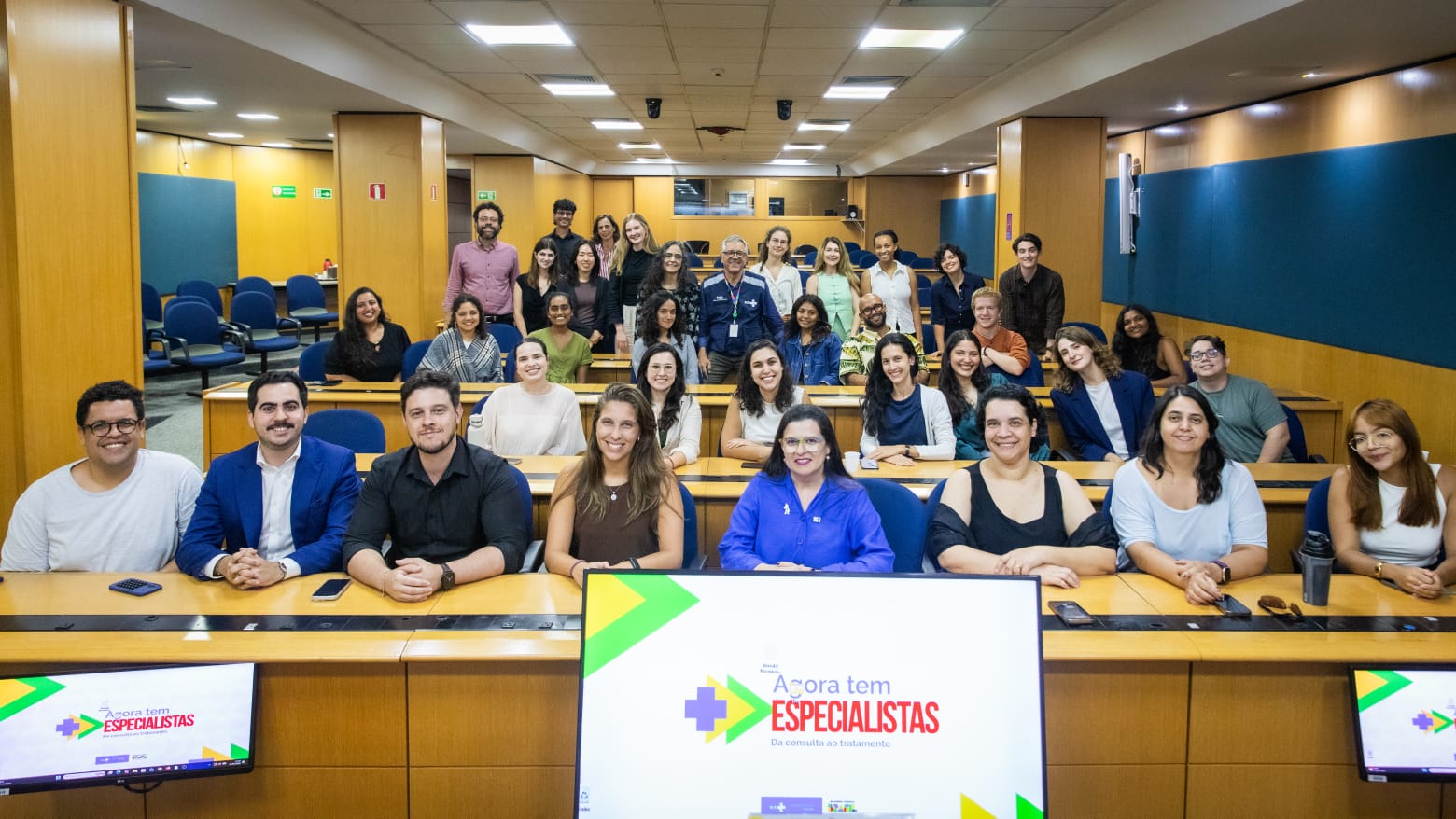“One day, I know the struggle will change”

Pictured above: Dr. Will Carter at the Aaron E. Henry Community Health Services Center, Clarksdale MS
By Brynn Macaulay via LinkedIn
Winokur Fellow in Public Health
MPH Candidate, Global Health and Population
“One day, I know the struggle will change. There’s got to be a change, not only for Mississippi, not only for the people in the United States, but people all over the world.” -Fannie Lou Hamer
Today marks exactly one month (and halfway point) since I arrived in the Mississippi Delta as a Harvard T.H. Chan School of Public Health Winokur Fellow in Rural Public Health. It has been a culture shock in many of the best possible ways. I assumed people in a small town would be wary of an outsider, but they have embraced me. I assumed no one would trust me with their stories, but every day I add more to the the library inside my heart. I assumed there would be no demand for health and fitness, but I do ab workouts with my retired gym buddies every day. The only correct assumption I’ve made was about the heat and humidity. It’s real, y’all 🥵.
But perhaps the best experience of all has been the outstanding mentorship I’ve received from Dr. Will Carter, III at the Aaron E. Henry Community Health Services Center, Inc. My admiration for his patience, dedication, warmth, humor and ability to inspire others is only bolstered by my awe that he a) can find anything on his desk and b) uses windows as whiteboards when he is hit by a sudden idea or epiphany. (Evidence of his mad genius pictured above🙃). Seriously, if you want to meet him but can’t make it to the Delta, just watch Ted Lasso. You’ll get the picture.
I have the privilege of working alongside Dr. Carter and Johvonica Glenn, a wonderful community health worker and MPH candidate, on a maternal/child care coordination program and grant proposal aimed at expanding health access and removing the numerous barriers to care women and children face in Mississippi. Barriers that have resulted in a staggering preterm birth rate of 21.1% among mothers in Coahoma County, where the clinic is located. Preterm birth is correlated with infant morbidity and mortality- outcomes in which Mississippi also tragically leads in the United States. The task seems insurmountable, and if you wanted to look for reasons to give up, you could find many. But I have the daily privilege of receiving mentorship from a dedicated physician and clinical staff who, despite working in one of the most under-resourced areas of the country, seem unfamiliar with the words “give up.”

It could be argued that the impetus to press on is due to the simple fact that most people here do not have the option or luxury of giving up. Perhaps. But I also believe the dedicated health workers of the Mississippi Delta do not give up because they are the civil rights leaders of today. The abolition of slavery, Freedom Summer, the Freedom Riders, the Poor People’s Campaign, and uncountably more landmark events and individual actions in the fight for racial equity have occurred here. The fight to eliminate racial disparities in maternal and child health is a continuation of the Civil Rights Movement. Here in the Delta, I have met some of its warriors.
This piece was posted by Brynn on LinkedIn.


